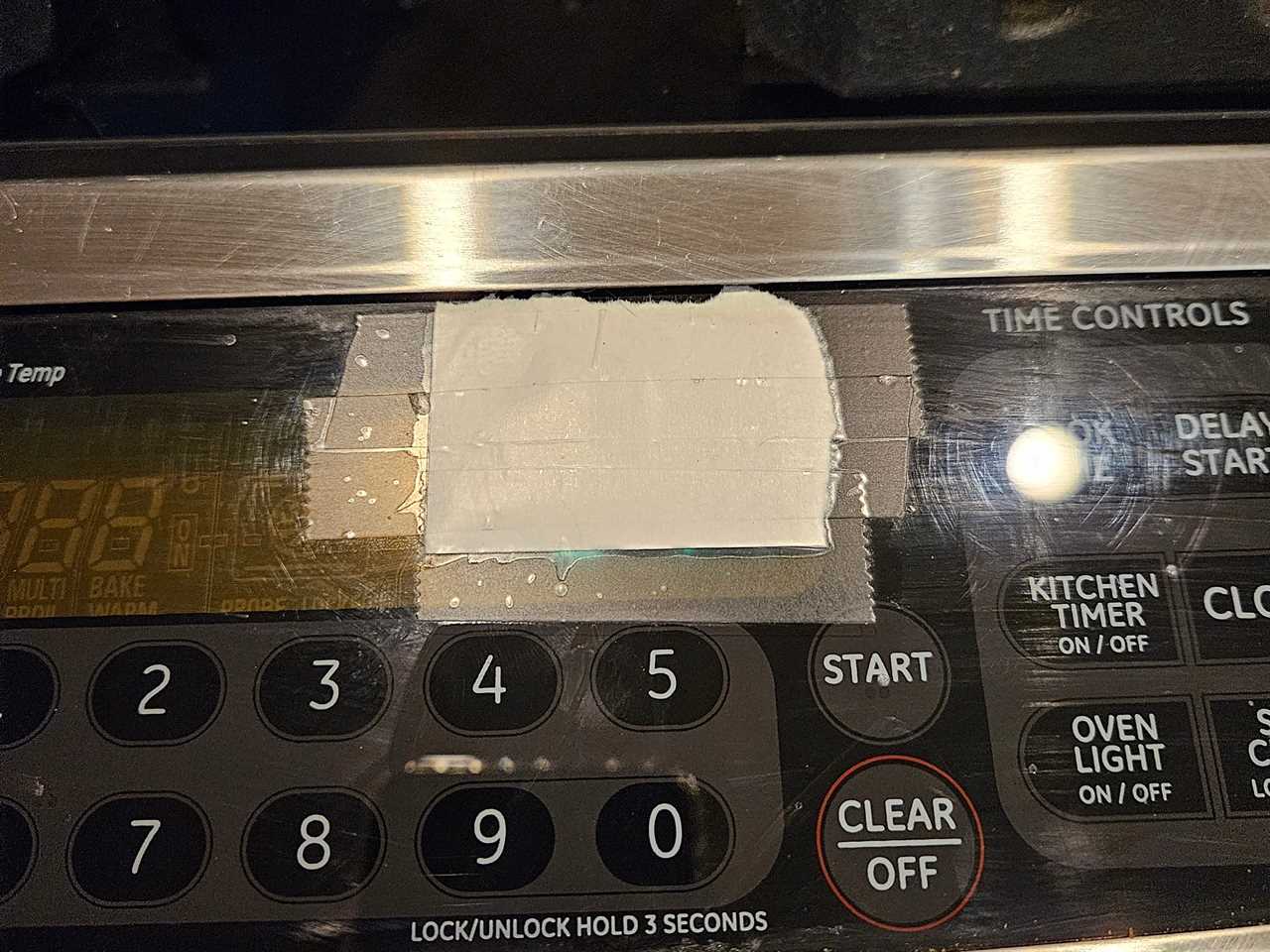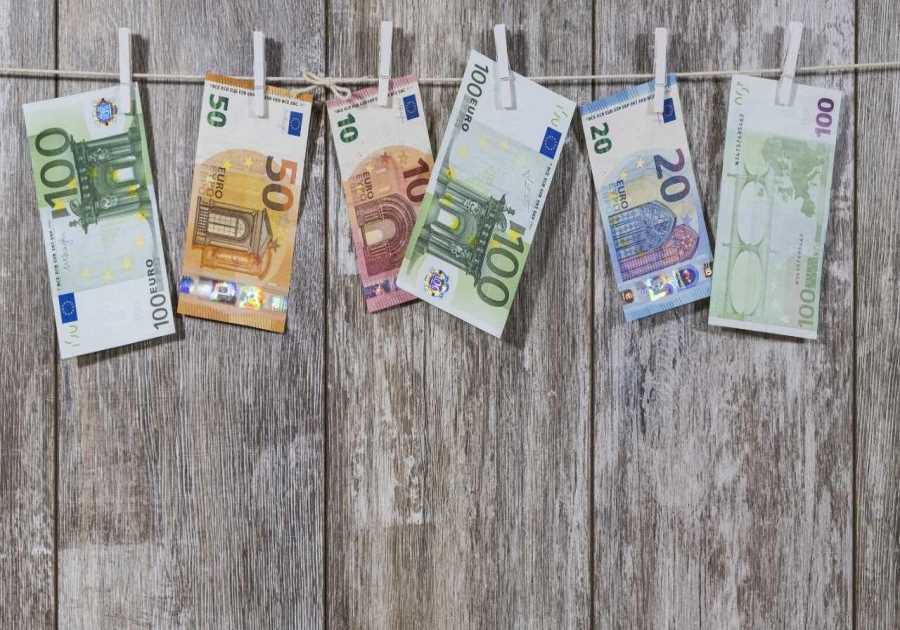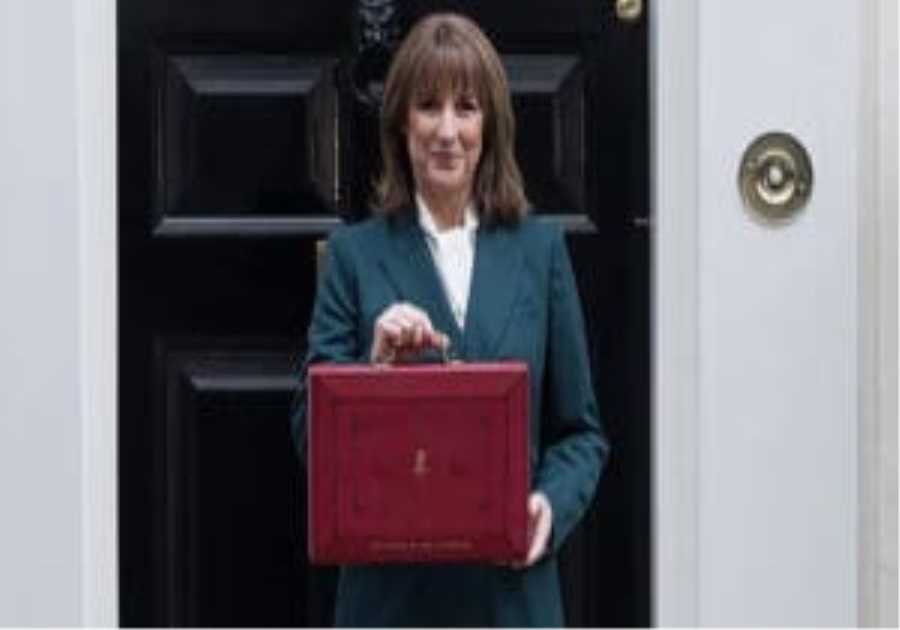d3sign/Getty Images
- During the early days of the pandemic, my days were long and very lonely.
- I'd watch the clock, and would count down minutes to do things like eat lunch.
- It wasn't healthy, so I got rid of all the clocks around me and was able to focus more.
It seems like every device in our lives wants to do double duty as a clock. Our phones and computers are constantly showing us the time, which, for Internet-connected electronics, makes a certain amount of sense.
But there are also clocks in our stoves, our microwaves, our cars — and once you notice the clocks, you can't unsee them. It's almost impossible to go through your day without a consistent, low-level knowledge of what time it is. And if you're ever not sure, the exact hour and minute are only a glance away.
For most people, all those clocks probably seem like a convenience. But during the early months of the pandemic, the constant awareness of the time started to hit differently for me. My company had transitioned to working fully remotely, and in my case, that meant long days in solitude, without kids or a partner to offer distractions.
I would count down the minutes
I ended up watching the clock. I checked how long I'd been working on a particular task and whether I could justify switching focus or stopping. I counted down the minutes until I could reasonably take lunch or end my day. I fretted over whether I'd spent the last 20 minutes optimally and over how much extra time I should put in (and I wasn't even being paid hourly).
I was losing my mind. The clock became the yardstick I could use to judge myself against some external standard of maximum productivity and the way I could punish myself for failing to meet it. So — in a move that, I admit, could reasonably be called an overreaction — I decided to ditch the clock.
This is harder than it might sound. Electronics are reluctant to give up their time-telling capabilities. Home appliances were comparatively easy: I could fake a power outage by briefly unplugging my microwave, which caused the time to vanish from the display, and I just taped over the clock on the stove.

Courtesy of the author
But at the time I was starting this experiment, there was no built-in way to remove the clock from the taskbar of my PC (Windows 11 has since added the ability to toggle it). So I carefully cut some sticky notes to size and applied them to my screens.
I got lucky with my phone. The manufacturer offered a set of tools that allow you to customize your home screen, which meant I could remove the clock from my notification bar — but the lockscreen was a different story. Ultimately, I switched the lock-screen clock to a bare-bones analog display, which made it harder for me to read the time at a glance, and trained myself to swipe directly into my phone.
I started listening to my body more instead of the time
I felt irrational, going to all this trouble. And I kept feeling irrational for the first few weeks, as I had to battle the urge to check the time constantly.
But soon, I found myself measuring my days differently. I created calendar notifications and daily alarms with a built-in time buffer so that I could give myself permission not to worry about my appointments until the scheduled window.
Instead of fretting about time spent or time wasted, I could focus on a task and give it the attention it required — without feeling guilty about how long it took. And instead of deciding whether I "deserved" a break or a meal based on how many hours I'd put in, I could listen to my brain and my body and do what worked best for me.
I started my no-clocks experiment as a sort of detox — an attempt to break the habit of scrutinizing my self-worth and productivity, minute by minute. I had no expectations for how long it would last.
But roughly three years in, I don't miss the clocks. I can check them if I need to. And in the meantime, it's become so much easier just to enjoy the present.
Read More
By: [email protected] (Megan B. Wells)
Title: I haven't used a clock in years. I can focus better and use calendar notifications to tell me where to be.
Sourced From: www.businessinsider.com/no-clocks-better-focus-tasks-2024-3
Published Date: Fri, 22 Mar 2024 14:40:01 +0000
Did you miss our previous article...
https://trendinginbusiness.business/politcal/putin-beyond-isis-moscow-terrorist-attack-a-link-in-a-series-of-attempts-by-the-neonazi-kiev-regime
.png)





